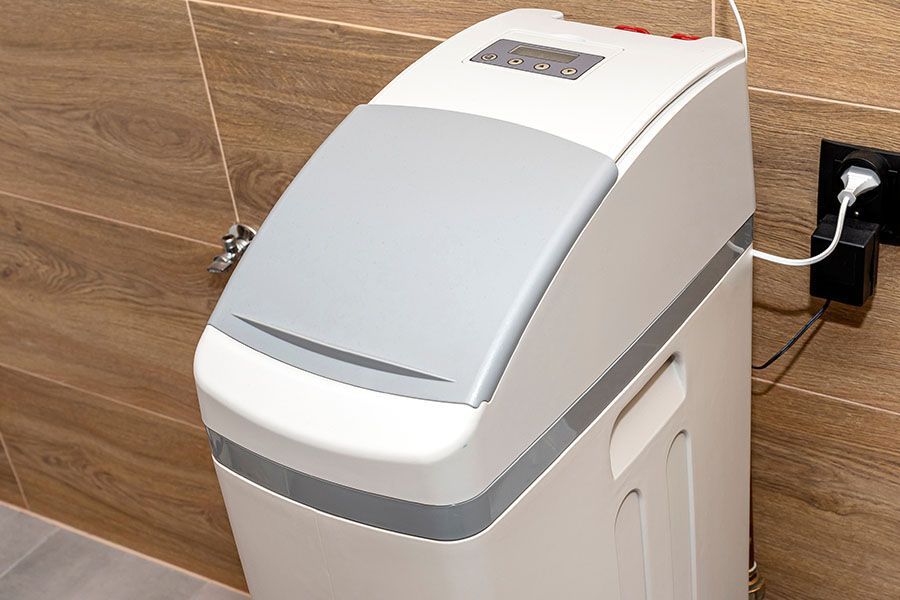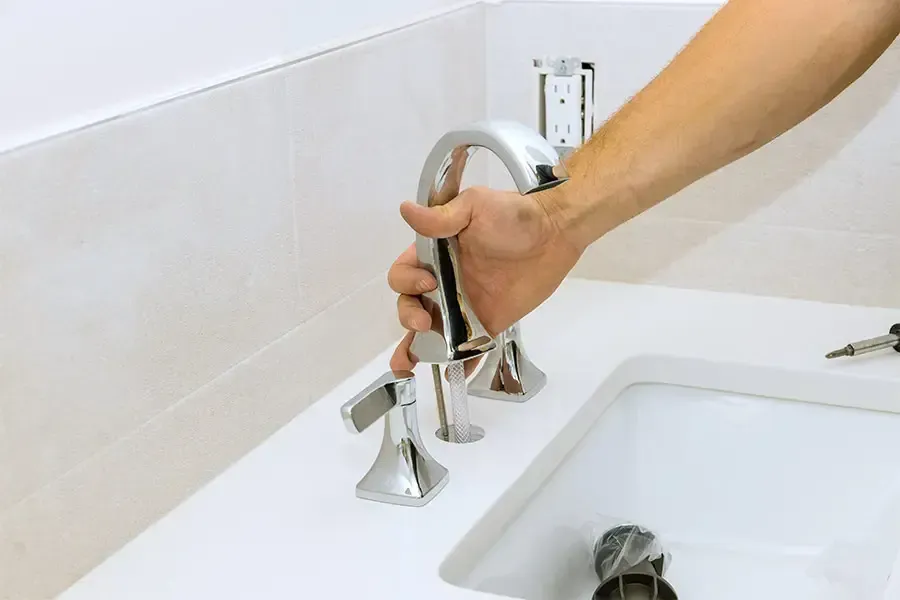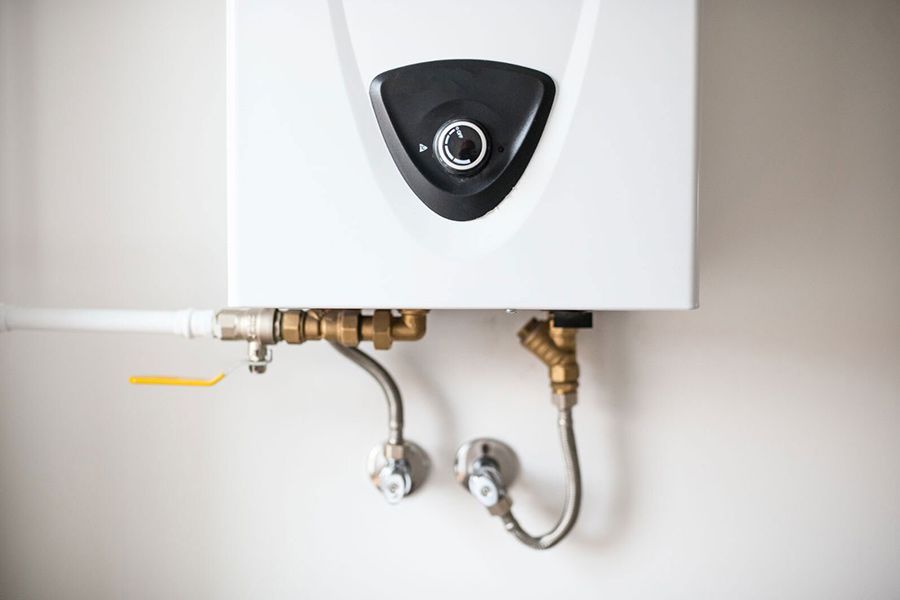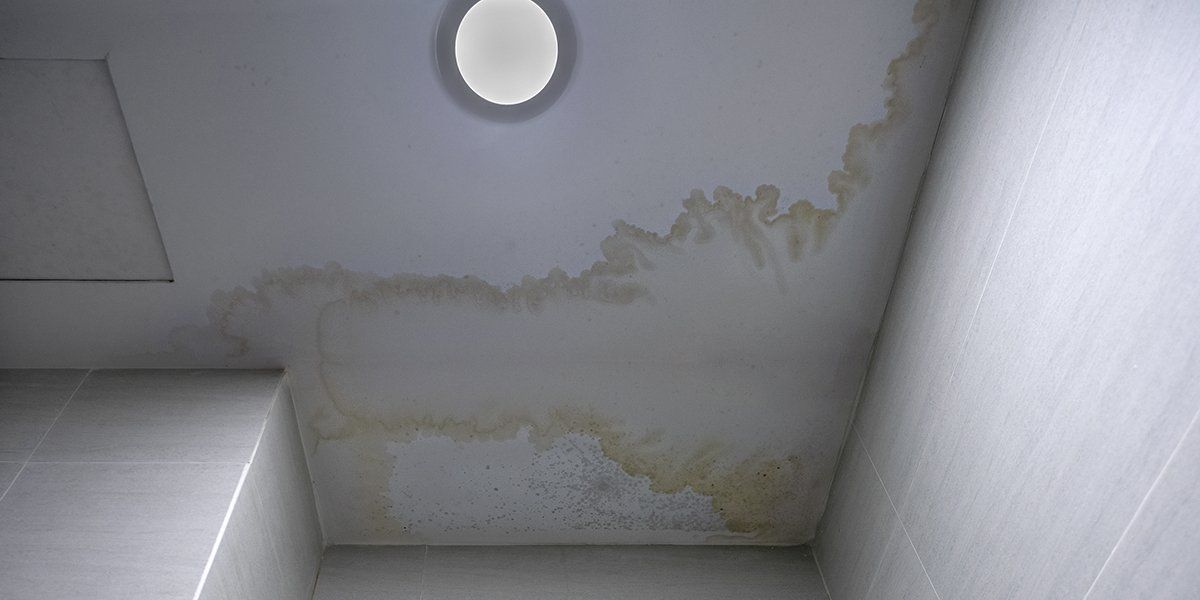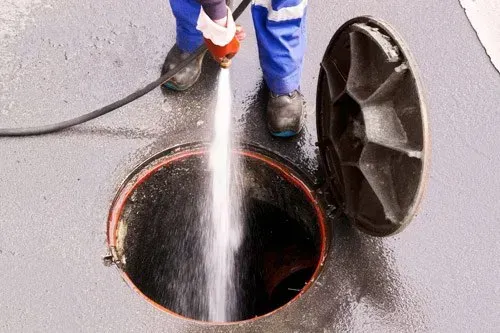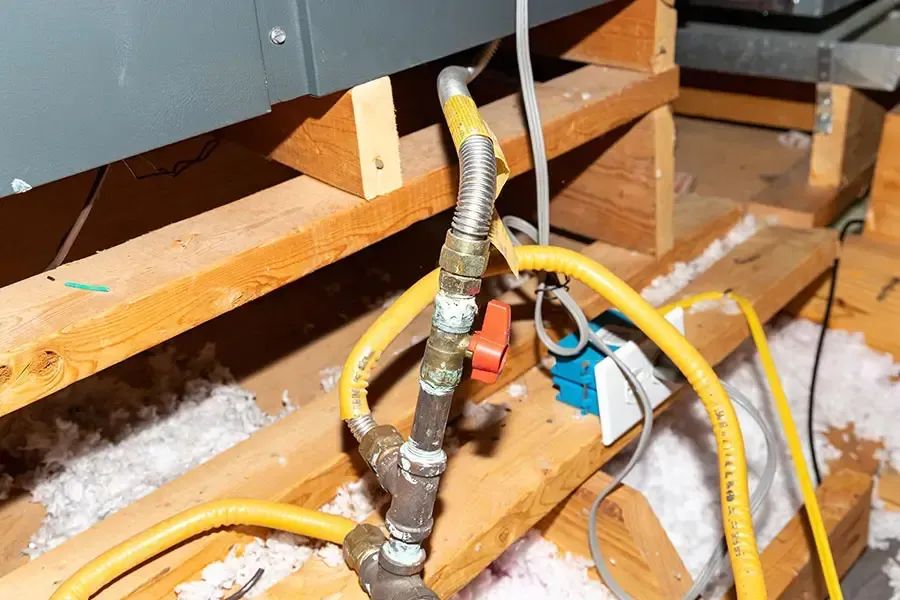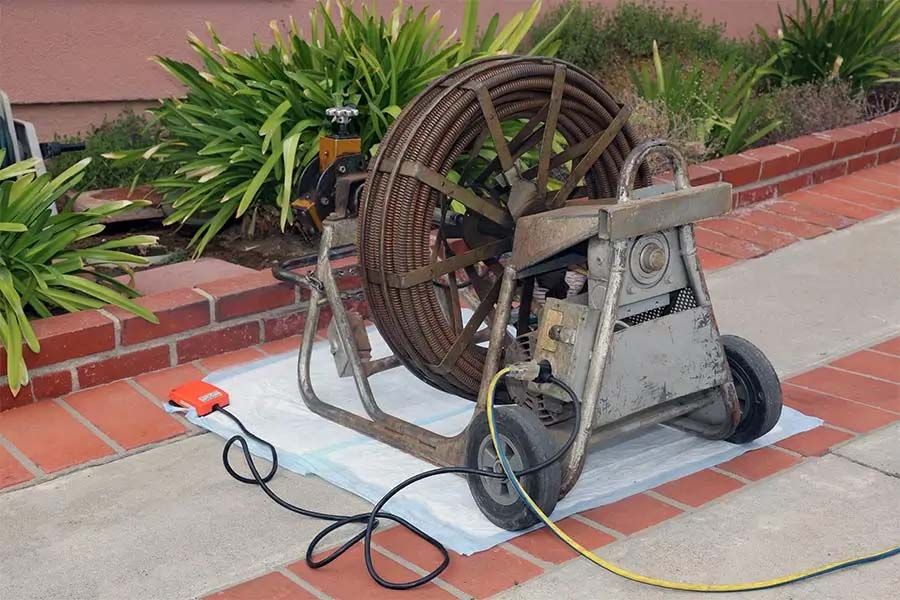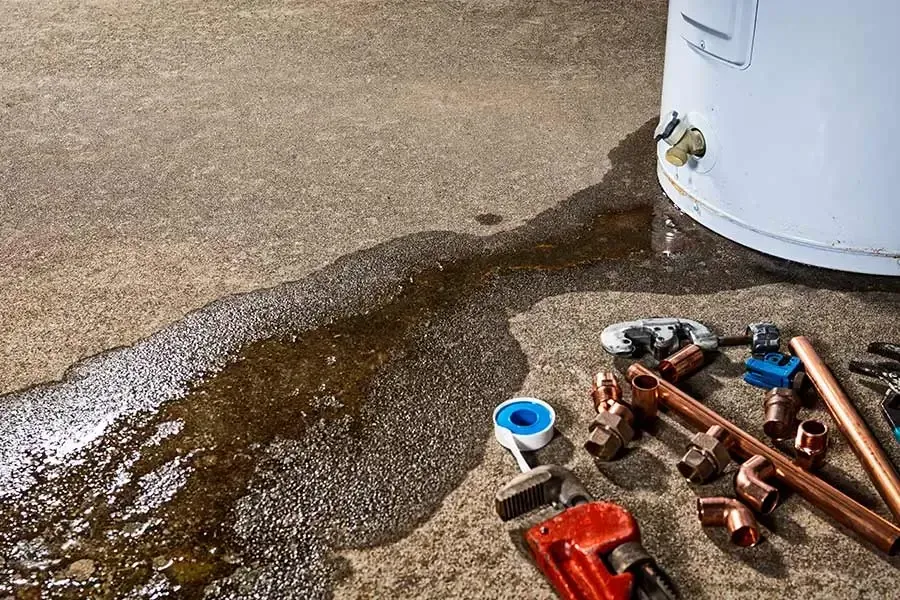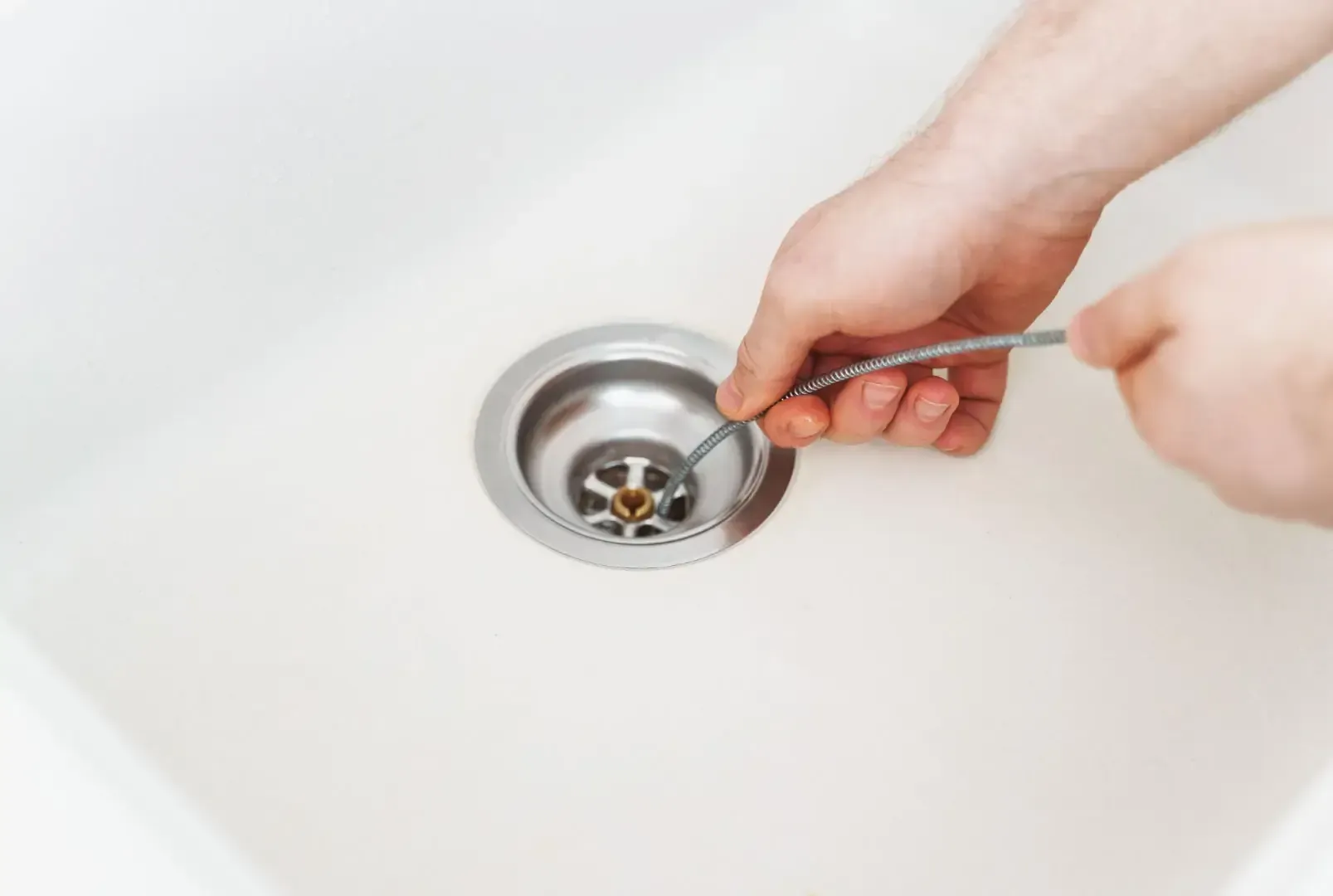Limescale Build-Up: Prevention and Solutions
Need more tips on dealing with limescale? Call Formica Plumbing and Sewer Co. at (440) 485-3850 to learn more!
When you clean the faucets and shower heads in your home, you may come across hard water stains that require unique cleaning solutions. Limescale remains the bane of the housekeeper, leaving chalky white splotches that dull the metal of your bath and kitchen hardware. If left to their own devices, limescale deposits can quickly move from a cosmetic problem to a functional hazard, clogging your water fixtures and damaging home appliances.
The best way to avoid limescale build-up is to take preventive steps that keep hard water problems away. While you can’t stop using your well or city water supply, you can soften the water coming into your home and employ some home maintenance practices to reduce hard water deposits. Learn about preventing and solving limescale build-up with these tips from your local plumbing company in Painesville, OH.
What Is Limescale?
Limescale comes from hard water minerals like calcium carbonate and magnesium. Over time, these minerals leave deposits behind on your water fixtures and appliances. Limescale appears as a powdery white substance, can be challenging to remove, and returns quickly if you neglect to address hard water problems.
Besides looking unsightly, limescale build-up can damage your water pipes, fixtures, and major appliances like your washer, water heater, and dishwasher. Reducing limescale deposits helps your water run smoothly, keeps your home looking tidy, and creates an environment less susceptible to future build-up. Two primary ways to prevent limescale build-up include regular water heater maintenance and installing a water softener system.
Performing Water Heater Maintenance
Water heater tanks make the perfect environment for limescale build-up. Limescale develops quickly in hot water, so everything from the tank to the individual components and pipes lies at risk of hard water deposits. Put a plug on potential limescale issues by lowering your water heater to 120 degrees Fahrenheit instead of the standard 140.
You can also regularly flush your water heater tank to empty it of mineral deposits. Here’s how to do so:
1. Turn the water heater and its cold water supply valve off.
2. Let the water inside the tank cool for one to two hours.
3. Tightly attach a water hose to the tank’s drain valve.
4. Run the other end of the hose into a bucket, drain, or outside and away from your home.
5. Avoid vacuums in your pipes by turning on hot water faucets around your home.
6. Turn the water heater tank’s drain valve and allow water to run out.
7. Let the water run until it clears of sediment or until you’ve emptied the tank.
8. Turn off the drain valve, unscrew the hose, and turn back on the water supply and heating elements.
9. Keep your hot water faucets running until the water pressure returns to normal.
After draining your water heater, give it about an hour to begin producing hot water again. You should notice much less limescale build-up than before.
While practicing regular home maintenance helps with the appearance of hard water stains, installing a water softener or conditioner system remains the best way to avoid limescale build-up.
Installing a Water Softening System
A water softening system removes minerals like calcium and magnesium from your water, changing your hard water into a gentler liquid. Water softeners act like a magnet, attracting sediment to the softener’s filter as water passes through it. Most water softeners require minimal maintenance and flush themselves out.
Softer water offers many benefits to homeowners, including:
- Less limescale build-up
- Softer clothing
- Softer hair and skin
How Can I Get Rid of Limescale Build-Up?
If you have limescale build-up around your home, you can use specially formulated cleaning solutions or create your own from scratch. Many households already contain natural ingredients that can eliminate limescale deposits. Some natural limescale cleaners include:
White Vinegar
You can use distilled white vinegar to remove hard water build-up. Try these tips for removing limescale from common areas:
- Soak a rag in vinegar and lay it over areas suffering from build-up
- Remove shower heads and soak them in vinegar
- Spray vinegar on shower doors
- Run your dishwasher or washing machine while empty with vinegar inside
Lemon Juice
Whether from a bottle or freshly squeezed, lemon juice’s acidic nature breaks down limescale deposits and other stuck-on minerals. Pour lemon juice into a spray bottle, spritz it on hard water stains, let it sit for a few minutes, then rinse the area and wipe it dry.
Borax
Many homeowners use borax for their laundry, but you can also mix the powder with vinegar to clean limescale deposits from toilets. Use these steps to clean your toilet bowl with borax:
1. Take one-quarter cup of borax and use a toilet brush to spread it around the toilet bowl.
2. Pour one cup of white vinegar into the bowl.
3. Let the mixture sit in the bowl for 30 minutes.
4. Scrub the mixture with your brush, flush the toilet, and repeat as necessary.
Clear Your Pipes With Hydro Jetting
While you can clean visible hard water deposits and soak or remove them from particular household objects, it takes more than chemicals to clear limescale build-up from your pipes. A professional plumber can perform hydro jetting, which forces water through your lines at high speed. Hydro jet flushing rids your pipes of mineral build-up and makes it easier for water to flow through them.
Prevent and Clear Limescale Build-Up With Formica Plumbing and Sewer Co.
Many Painesville, OH, residents have hard water, so taking care of limescale build-up before it causes irreversible damage keeps your plumbing, water fixtures, and home appliances safe. Whether you need to clear away limescale from your pipes or wish to ask about our water softener services, Formica Plumbing and Sewer Co. can help. Call (440) 485-3850 for quick, professional plumbing repair and installation services in Painesville, OH.
